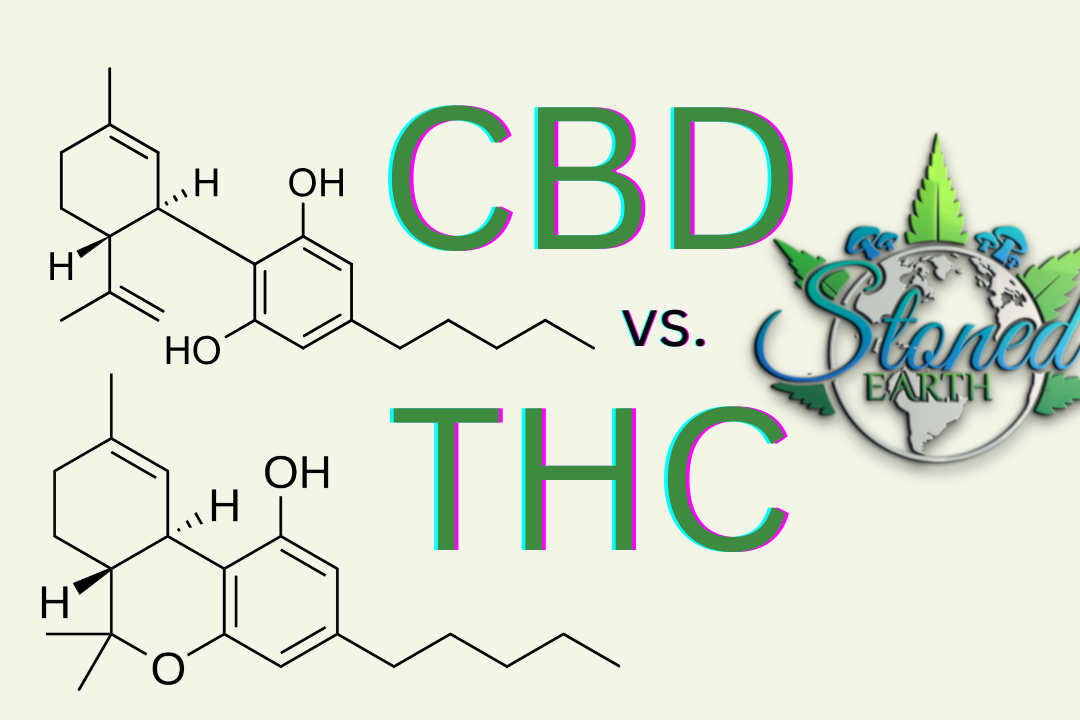
What’s the Difference Between CBD and THC?
When it comes to cannabis, two of the most talked-about cannabinoids are CBD (cannabidiol) and THC (tetrahydrocannabinol). While both are naturally occurring compounds found in the cannabis plant, they have distinct effects on the body and are used for different purposes. Understanding these differences, especially from a scientific perspective, can help you make informed choices about how cannabis can work for you.
What Are Cannabinoids?
Cannabinoids are chemical compounds that interact with the body's endocannabinoid system (ECS), a complex network of receptors that regulate a wide range of bodily functions, including mood, appetite, sleep, and pain sensation. The ECS is made up of two main types of receptors: CB1 receptors, primarily found in the brain and central nervous system, and CB2 receptors, which are mostly located in the immune system. When cannabinoids like THC and CBD are consumed, they interact with these receptors, triggering various effects.
The Science Behind THC: A Psychoactive Cannabinoid
THC is the compound most commonly associated with cannabis’s psychoactive effects—essentially, the “high” people experience when they consume it. This happens because THC binds strongly to CB1 receptors in the brain, triggering a cascade of chemical reactions that influence mood, memory, and perception. It alters the release of neurotransmitters like dopamine and serotonin, leading to feelings of euphoria, relaxation, or countless other interpretations of the ‘high’ feeling.
In addition to its psychoactive effects, THC has potential medicinal benefits. Studies suggest it may help with pain relief, nausea, and appetite stimulation, making it particularly useful for patients undergoing chemotherapy or those dealing with chronic pain.
CBD: A Non-Psychoactive Cannabinoid
Unlike THC, CBD does not produce a “high.” Instead, it works through a more indirect mechanism, interacting with the ECS in a way that’s still being studied. CBD is thought to have a weak affinity for CB1 and CB2 receptors, and its effects are largely due to its ability to modulate the activity of other neurotransmitter systems, including serotonin and GABA (gamma-aminobutyric acid). This may help explain why CBD is often used for its calming, anti-anxiety, and anti-inflammatory effects.
While CBD does not cause euphoria, its therapeutic properties are well-documented in scientific literature. It has been shown to reduce anxiety, alleviate pain and inflammation, and improve sleep in certain individuals. Some research also suggests that CBD has neuroprotective properties, potentially benefiting people with conditions like epilepsy and Parkinson’s disease.
Because of their non-psychoactive nature, many CBD ‘treats’ have been developed to aid our furry friends. A little CBD cookie on New Year’s Eve or Independence Day may give your puppers the extra relief they need during a loud evening.
THC vs. CBD: Key Differences in Effects
-
Psychoactivity: The most obvious difference between THC and CBD is that THC is psychoactive, while CBD is not. We typically avoid operating heavy machinery after ripping a fat dab. CBD, on the other hand, has a more calming and subtle effect, often used for relaxation without impairing mental clarity.
-
Medical Applications: THC is commonly used for pain relief, appetite stimulation, and nausea reduction. It can be especially helpful for patients with cancer, HIV/AIDS, or those undergoing treatments like chemotherapy. CBD, on the other hand, is widely used for conditions related to anxiety, chronic pain, inflammation, and even certain neurological conditions like epilepsy. The growing body of research into CBD’s therapeutic potential has made it a popular choice for natural wellness.
-
Side Effects: THC’s side effects can include dry mouth, dizziness, anxiety, and altered coordination, especially at higher doses. CBD, being non-psychoactive, is generally considered safer with minimal side effects, though some people may experience drowsiness or gastrointestinal discomfort.
Conclusion: How to Choose Between CBD and THC
When deciding between CBD and THC, it's important to consider your personal health needs, the effects you’re hoping to achieve, and whether you’re open to experiencing any psychoactive effects. While both cannabinoids offer significant therapeutic benefits, their differences in how they interact with the body make them suitable for different uses.
If you want to get high - well consume some THC of course!
Follow Stoned Earth on all socials and this website for more!

